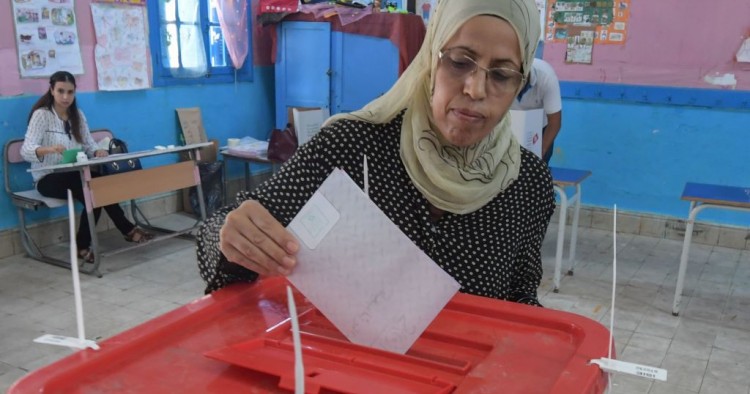Tonight will be the first of three nights of televised debates among election lists for next Sunday’s parliamentary elections in Tunisia. The first round of presidential elections on Sept. 15 garnered greater international media attention, but the constitution gives the prime minister, who must gain backing from a parliamentary majority, control over domestic policies. Thus, the Oct. 6 election is crucial to Tunisia’s future. There are 1,572 lists with 15,500 candidates for the 217 seats in the parliament; these numbers are roughly the same as seen in the 2014 parliamentary elections. This time around there are more lists of independent candidates composed of local notables and civil society members. Independent candidates also scored relatively well in the 2018 municipal elections. Candidates from the establishment political parties in the national parliament fared poorly in the Sept. 15 presidential election, and the parties are unsure of their prospects in this Sunday’s polling.
The largest political party in the current parliament, the Islamist Ennahda Party, changed its electoral strategy after its candidate came in only third in the Sept. 15 presidential election. It highlights combating corruption, thus taking a swipe at the political party of one of the two finalists from the Sept. 15 presidential election who is charged with money laundering. Ennahda also has pledged to work with political forces more tied to the original 2011 revolution rather than those with links to the pre-revolution political system. Ennahda has many critics in Tunisia who warn of the party’s opportunism. The more secular side of the Tunisian political spectrum is itself divided among many party and independent candidate lists. Preliminary results are to be announced Oct. 10 and final results on Nov. 13. Meanwhile, the run-off between the two presidential election finalists, both relative outsiders, will be on Oct. 13. The great question hanging over Tunisia’s political establishment then will be whether the new president can agree with the new parliament on a prime minister and cabinet. Tunisia needs the future prime minister, president, and parliament to work well together under the constitution’s complicated power-sharing scheme to address Tunisia’s serious economic malaise as well as its terrorism challenge.
Robert Ford is a Senior Fellow at MEI.
Photo by FETHI BELAID/AFP/Getty Image
The Middle East Institute (MEI) is an independent, non-partisan, non-for-profit, educational organization. It does not engage in advocacy and its scholars’ opinions are their own. MEI welcomes financial donations, but retains sole editorial control over its work and its publications reflect only the authors’ views. For a listing of MEI donors, please click here.













